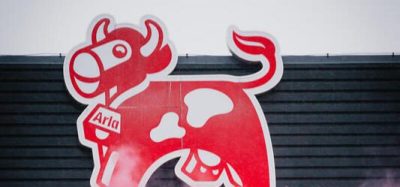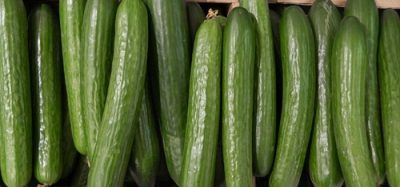Dot com déjà vu: This time it’s cellular meat
- Like
- Digg
- Del
- Tumblr
- VKontakte
- Buffer
- Love This
- Odnoklassniki
- Meneame
- Blogger
- Amazon
- Yahoo Mail
- Gmail
- AOL
- Newsvine
- HackerNews
- Evernote
- MySpace
- Mail.ru
- Viadeo
- Line
- Comments
- Yummly
- SMS
- Viber
- Telegram
- Subscribe
- Skype
- Facebook Messenger
- Kakao
- LiveJournal
- Yammer
- Edgar
- Fintel
- Mix
- Instapaper
- Copy Link
Posted: 17 November 2022 | Professor Chris Elliott | No comments yet
In his latest Chris’ Corner, Professor Chris Elliott compares the buzz around cultured meat to the infamous dot com bubble of the 90s.


Many will remember the boom-and-bust times of the 1990’s when the internet was emerging as the commercial platform of the future. Vast amounts of money being invested in start-up companies, share prices rocketing on the tech markets then as quickly as they came, they disappeared quicker than a puff of e-smoke. But of course, there were a small number of big winners and these are now household names today such as Amazon and eBay to name but two. It’s interesting that Bill Gates, one of the great success stories of this era, is one of the great advocates for laboratory grown meat.
I spent the last two weeks out in Southeast Asia and took the opportunity to investigate one of the most talked about novel foods; cellular proteins. It is clear that this region is the epicentre for research and development in this space, partly because innovation is part of the culture, partly because consumer acceptance of such foods is predicted to be high, partly because of food security needs and partly because of fears about how climate change will impact the region more than most other parts of our planet.
Singapore more than any other country seems to be pumping vast amounts of money and resources into cellular proteins. It is one of the most prosperous regions of the world but produces virtually none of its own food (less than five percent was the figure I heard). This is because virtually all the land space has been used for building companies, high rise apartments and shopping malls. A walk around a supermarket is an interesting experience, labels displaying ‘products from Australia, South Africa, India’ are everywhere!
It’s clear however the Singapore government has become very nervous about this and has embarked on its ‘30 by 30 plan’, ie the country will be 30 percent self-sufficient in food by the end of this decade. Urban farming and cellular proteins are the two big food security initiatives that they hope will help them achieve this highly ambitious goal. It’s also worth noting that Singapore was the first country in the world to approve a cultured meat product. In 2020 Eat Just launched a lab grown chicken product. I did try to purchase some to taste when I was there but was told it was only sold in one single restaurant and wasn’t always on the menu. Thus it seems more hype than anything radical in terms of a change to the Singapore food system.
In terms of the cultured meat approach there is a large number of start ups trying many different approaches. Different types of cells from various species grown by lots of different formulations of cell media. I did find that when I asked some pressing questions about the many problems of cell culture (of which from my experience I know there are many), the challenges of quality control and food safety, the answers were less than totally reassuring.
They were even less encouraging when I asked about the very large challenge of scale up. Currently, the cost to produce enough meat cells to make a burger is mouth-watering, if you’ll pardon the pun. I heard lots of information about projections of space needed, specialist manufacturing facilities that can be built and how unit costs will dramatically reduce once such scaling up of production can be achieved.
I will follow Singapore’s food story very closely and have offered, for what it’s worth, to work with some of the companies working on their novel production techniques. With the many hundreds of millions of dollars being pumped into the projects in Singapore and elsewhere the chances are that a small number of winners will emerge. But, to me, this is not a form of food innovation that will serve to replace conventional meat production. At best it will be seen a niche and likely very expensive way of eating that will have little or no impact on our environment or improving global food security. Bill Gates may know a thing or two about computers but this time I think he’s selling the world a pup…
Related topics
Cultured Meat, Food Safety, Proteins & alternative proteins, Regulation & Legislation, Sustainability, Technology & Innovation









